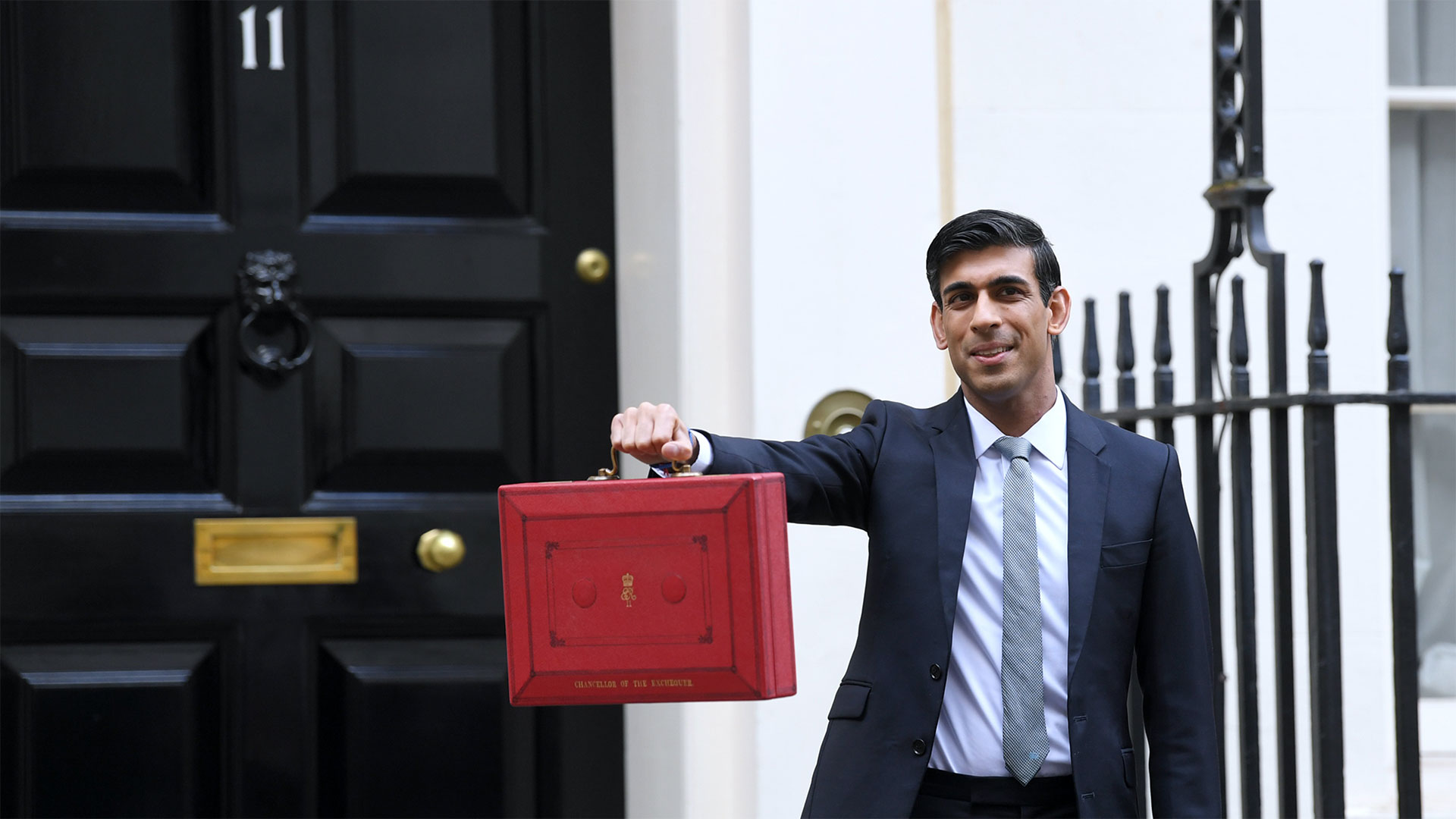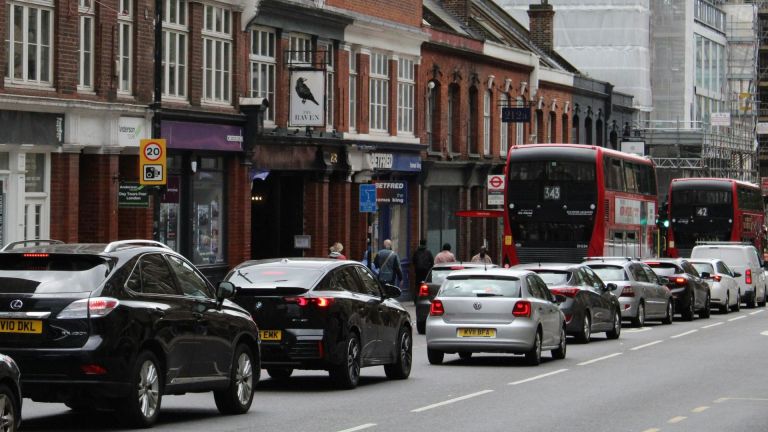Last week, Spain did something quietly remarkable. They proposed rolling out a form of Universal Basic Income. The scheme comes with a caveat. It’s not quite universal.
To begin with, around 100,000 most in-need families will get the money rather than the entire population. Each adult will receive 462 euro a month. That’s around £100 a week.
It is intended, said the Spanish social security minister, to offer “a permanent safety net for the most vulnerable” as they emerge into the financial insecurity of a post-Covid world.
The sums involved to do this are not huge, not in the terms of public spending we’ve become used to in recent weeks. It’s around 3bn euro a year.
The issues and arguments around UBI are clear. How can it be right just to give money to everybody with no means testing? Why should a bonus-bunged banker and the cleaner in his office on minimum wage receive the same amount? It’s a fair question, but one that could be dealt with using a different taxation system. Bear with me. I’m not going to get bogged down in a treatise on the vexed issue of taxation. See me later for that sort of mucky talk…
We’re about to enter an ideological battleground. All the nice talk and the well-meaning public applause of lockdown will be swept away
Instead, I applaud Spain for trying something big and bold. They’ll no doubt finesse what they’re doing, but at least they recognise the problems that lie ahead for those at the bottom. And that includes those in threatened jobs. Universal Basic Income is not intended as a disincentive to work. Rather, it’s a safety measure to take away the fears that total lack of income brings. It’s a means to something else rather than a means in itself.











